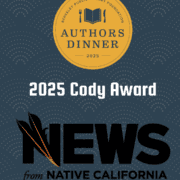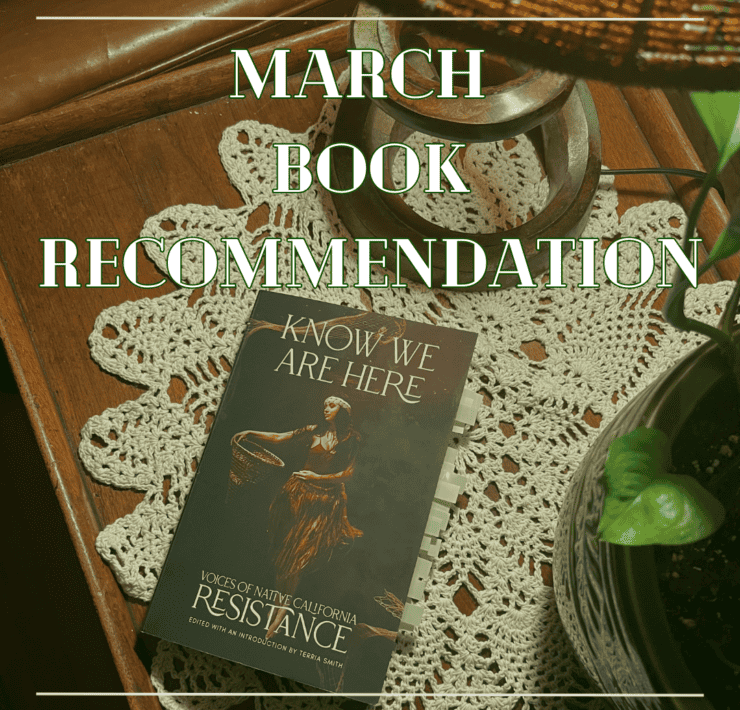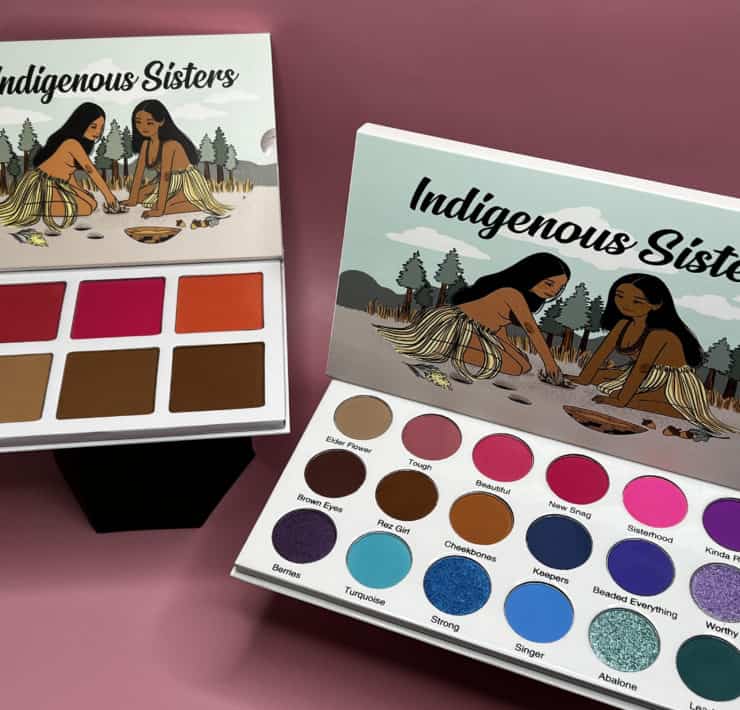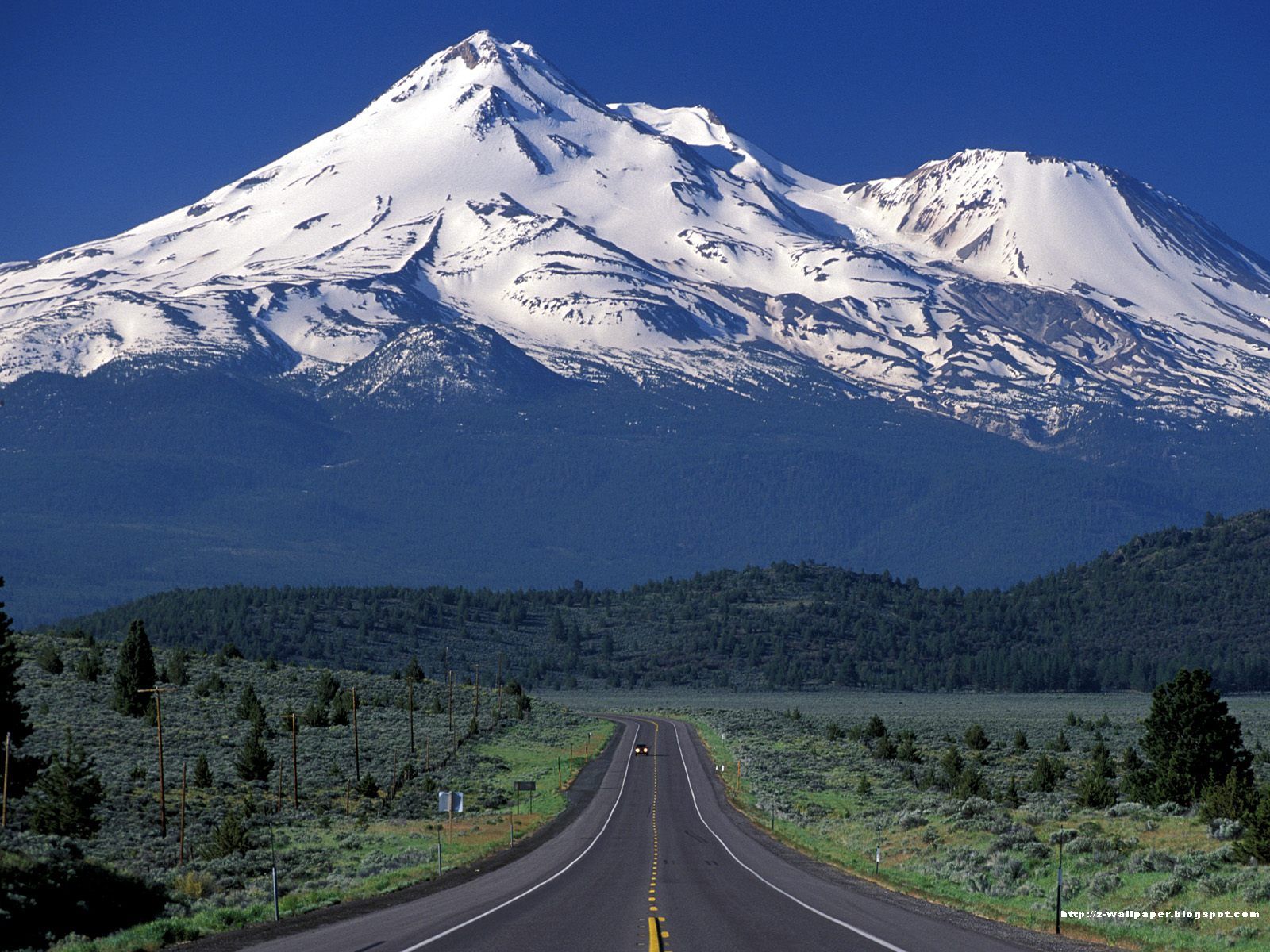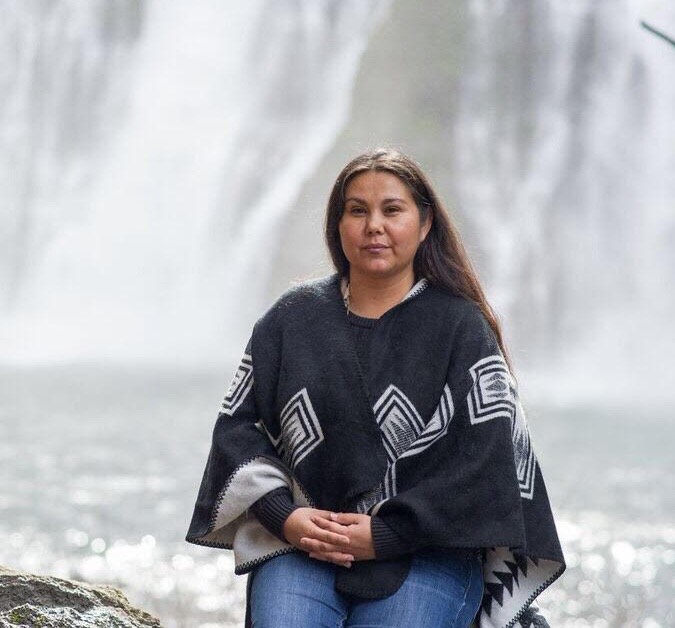
By Cash Martinez
Ask Morning Star Gali for her pronouns, and she’ll give you an unconventional answer — “we” and “ours.”
For Gali, a member of the Ajumawi Band of the Pit River Nation, this bold choice of pronouns is just a small part of the life principles that have guided and informed her work as a Native American rights activist for almost 20 years.
“It’s an acknowledgement. Acknowledging our past, present and future generations,” she said, before adding that she is fine with she/her pronouns as well. “All of the ancestors that came before us that helped to continue to guide us to do this work.”
In Indian Country, Gali’s name is instantly recognizable; if you don’t know her yourself, you probably know someone, or someone’s relative, who does. A former Leading Edge fellow at the Rosenberg Foundation, a non-profit organization which provides financial support to grassroots social justice initiatives, and a graduate of Mills College in Oakland, the 43-year-old activist has served numerous roles within California’s tribal communities over the last two decades.
Gali has worked as the Tribal Historic Preservation Officer for the Pit River Nation; a Tribal Water Organizer with Save California Salmon; served as a chairperson on the Board of Directors at the Intertribal Friendship House, a Native American community center based in Oakland; and, beginning in 2008, worked for the International Indian Treaty Council as both the California Tribal & Community Liaison and as the Community Events & Cultural/Sacred Places Consultant.
On top of it all, Gali is the co-director of Indigenous Justice, a registered non-profit that seeks to “expose and address the disparities of California Indigenous people”, according to their mission statement on their website.
When it comes to Native American activism in California, Gali has been on the frontlines for as long as she can remember. It’s where she was born in 1979 — at a Freedom & Survival School located in Oakland, operated by members of the American Indian Movement and known generally as the ‘AIM house’.
Admittedly, Gali said, living conditions at the house were not always ideal. The basement in which her parents lived at the time — what she called a “pseudo-camping situation” — was unfinished and without walls.
Life outside the house was not much better; in the late 1970s, East Oakland had the second-highest infant mortality rate in the nation, closely following Central Harlem in New York City. According to an article published in 1979 by Synapse, the student newspaper at UCSF, 26 in every 1,000 infants born in East Oakland died before their first birthday.
For Native American women, circumstances were even worse.
“It was at a time where Native women were being sterilized,” Gali said. “They were going into Indian Health Service Clinics for very routine operations and coming out sterilized without their consent, or knowledge.”
According to the National Library of Medicine, between 1973 and 1976, Indian Health Service clinics sterilized 3,406 Native American women, with many women never even realizing what was happening until it was too late; 36 of those women were under the age of 21.
Between forced sterilizations in the US and mass infant deaths in East Oakland, the women in Gali’s family made a collective decision to have her mother give birth at the AIM house.
“I was the first of a number of those babies born,” Gali said. “I want to say that [my mom and aunties] were very intentional about that choice and decision.”
It was in that community where Gali grew up, surrounded by some of the most influential voices in Native American activism — including her father, Isidro Gali, who was the first Native American prison chaplain hired by the California Department of Corrections and Rehabilitation (CDCR), working as a spiritual counselor for Native American men who were incarcerated at San Quentin State Prison and Folsom State Prison.
“The truth of it is that I didn’t really have any sort of option,” she said. “There was no choice in jumping in with the commitments, both ceremonially and with the community.”
From a very young age, Gali recalled joining her parents and several others in traveling to Alcatraz Island in the San Francisco Bay, where Bill Wahpepah and other prominent Native American leaders of the time hosted the first sunrise ceremonies to be held on the island in several years since the Indians of All Tribes had occupied it from 1969 to 1971.
Gali said that at the time, there were between 25 to 30 Native Americans who attended the gatherings each year. Nowadays, the celebration of Indigenous resilience, survival and culture draws out a crowd numbering well into the thousands.
“They couldn’t have even imagined what this has turned into,” Gali said, on the verge of tears as she spoke. “In terms of those prayers that were made, the medicine people that would come and put those prayers down for the future generations.”
Alongside her work with the International Indian Treaty Council, Gali has spent most of the past year advocating for AB 2022, a California State Assembly Bill that effectively bans the use of the slur “squaw” and similar racist terms on official state place names. The bill also establishes a process to prohibit future use of the word throughout the state.
“It was through a collaborative effort,” Gali said. “We had a number of the youth come and testify at the different committees that we held, and they talked about what the word meant for them, and the pain and the harm that it causes, in this so-called claim…that we’re honoring you as Native women.”
On September 23, also California Native American Day, AB 2022 was signed into law, one of the first bills of its kind to make its way onto a governor’s desk.
“It’s not just work, it’s intergenerational healing,” Lisa Gali, Morning Star Gali’s eldest sister and co-director at Indigenous Justice, said.
Lisa Gali, who is related to Morning Star Gali on her father’s side, said that while she herself did not grow up knowing her Indigenous heritage, being able to work alongside her sister in such a way has helped both of them grow, heal and learn from each other’s experiences.
Their father, Isidro, passed away at 55 years old, when Morning Star Gali was only 15.
“Her life experience is different than my life experience,” she said. “Just coming into this with [Morning Star]…we’ve gotten to know each other in a deeper, more special way, in being together so much and doing the work side by side.”
Through Indigenous Justice, previously Restoring Justice for Indigenous Peoples, Morning Star Gali and Lisa Gali have worked on a number of campaigns together, addressing the issue of MMIWG2S+ (Missing and Murdered Indigenous Women, Girls, and Two-Spirits) in California and across the country.
It’s the kind of work that Morning Star Gali has been doing since her youth, when, as a student at Mills College, she and other Native American students placed red handprints around the college’s campus, drawing attention to the epidemic which claims the lives of thousands of Native American women each year.
“[Morning Star] leads with such a gentle soul and spirit,” April McGill, a colleague and good friend of Morning Star Gali, said.
Like Gali, McGill, too, wears many hats in the Bay Area Native American community. She serves as both the executive director for the American Indian Cultural Center of San Francisco and the director of Community Partnerships & Projects at the California Consortium for Urban Indian Health. The two met nearly 18 years ago, shortly after the birth of Morning Star Gali’s first daughter, Talissa, during one of the annual Sunrise Ceremonies on Alcatraz.
McGill described seeing Gali with her daughter, who was tied up in a cradleboard, a baby carrier popular in the many Native American communities.
“I just thought she looked so beautiful with her daughter,” McGill said. “That she brought [her daughter] out there to the Rock, and I just thought that was really beautiful.”
Gali was 24 at the time.
“I witnessed her being a really young advocate for the community,” McGill said. “She reminded me of an old spirit, you know, because she was so young. I feel like her family and those elders and people that were around her when she was a little girl knew that she was going to be that matriarch.”
McGill said that while many in the community depend on Gali’s leadership, knowledge and support, Gali is also the mother of four children, a common sacrifice that McGill said can go overlooked in tribal communities.
“People need to remember that our women sacrifice so much for our communities that people don’t even see,” McGill said. “That’s where we have to remember that those women are also the matriarchs of their families as well.”
Even with the historic passing of AB 2022, the work is never over, Gali said — the impact of violence against California Native Americans goes much deeper than most people realize.
“These are the stories that need to be told, that need to continue to be told, because the erasure and the invisibility of California Indian peoples is still continuing,” Gali said, “that it is our responsibility to shift that narrative and provide that visibility and to work against that erasure of our peoples, of our history, of who we are.”

